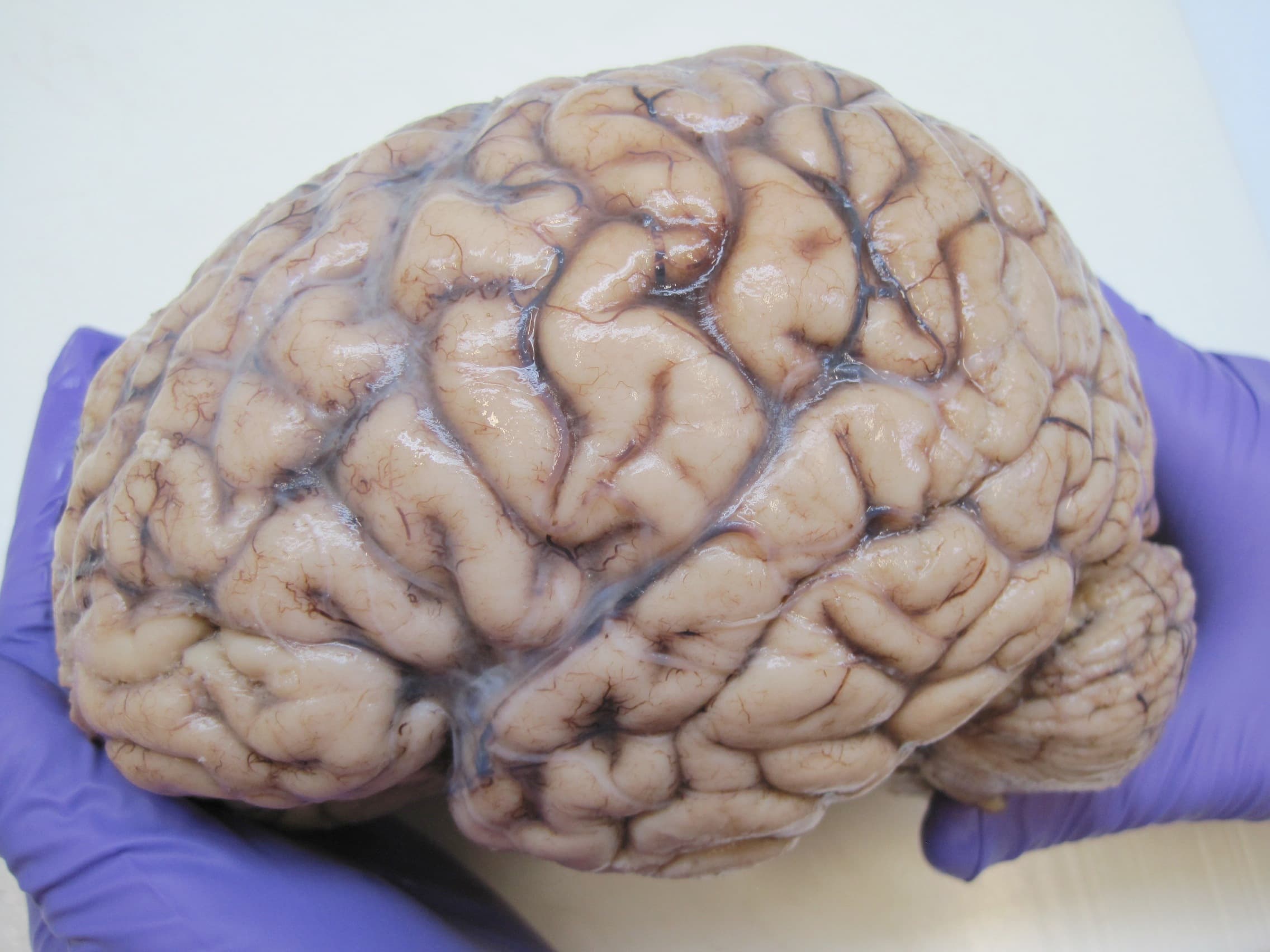Brain

The human brain is the central organ of the nervous system, and with the spinal cord, comprises the central nervous system. It consists of the cerebrum, the brainstem and the cerebellum. The brain controls most of the activities of the body, processing, integrating, and coordinating the information it receives from the sensory nervous system. The brain integrates sensory information and coordinates instructions sent to the rest of the body.
The brain is a complex organ that serves as the center of the nervous system in humans and other animals. Composed of billions of neurons, it controls thoughts, memory, emotion, touch, motor skills, vision, breathing, and every process regulating the body. In vertebrates, the brain is protected by the skull and connected to the spinal cord. Major regions include the cerebrum, cerebellum, and brainstem, each responsible for different functions. The brain communicates through electrical and chemical signals, enabling advanced cognitive abilities, sensory perception, and coordination of voluntary and involuntary actions vital for survival.
- Neuralink: Musk's firm says first brain-chip patient plays online chess
- New hope for sisters trapped in their bodies by rare brain condition
- Tapeworm eggs in brain linked to undercooked bacon
- Richard Scolyer: Melanoma doctor's high-stakes gamble to cure his brain cancer
- Good sex explained in 9 minutes | Dr. Emily Nagoski
- Elon Musk says Neuralink implanted wireless brain chip
- How your brain creates reality | Lisa Feldman Barrett
- The brain myth that won’t die | Lisa Feldman Barrett
- Human intelligence: it's how your brain is wired rather than size that matters
- Brain power dropped among over-50s during Covid-19 pandemic, study shows
- Your brain doesn’t detect reality. It creates it. | Lisa Feldman Barrett
- The biggest myths about emotions, debunked | Lisa Feldman Barrett
- Neuralink: Elon Musk's brain chip firm says US approval won for human study
- New Alzheimer's drug slows disease by a third
- Why do some people 'mirror-write'?
- Could One Physics Theory Unlock the Mysteries of the Brain?
- How gut bacteria are controlling your brain
- Lab-grown brain cells play video game Pong
- 5 ways to build an Alzheimer’s-resistant brain | Lisa Genova
- The Most Overhyped Monster on Earth
- Bruce Willis gives up acting due to brain disorder aphasia
- Scans reveal how Covid may change the brain
- Brain implant may lift most severe depression
- Psychedelic therapy could 'reset' depressed brain
- Lobotomy: The brain op described as ‘easier than curing a toothache’
- Can You Upload Your Mind & Live Forever?
- Steve Thompson in group of ex-rugby union internationals to sue for brain damage
- How to keep your delicate brain safe
- How Covid-19 can damage the brain
- Brain works more like internet than 'top down' company
- The violent attack that turned a man into a maths genius
ENGLISH COLLECTIONOCTOBER 25, 2025 AT 21:53:06 UTC